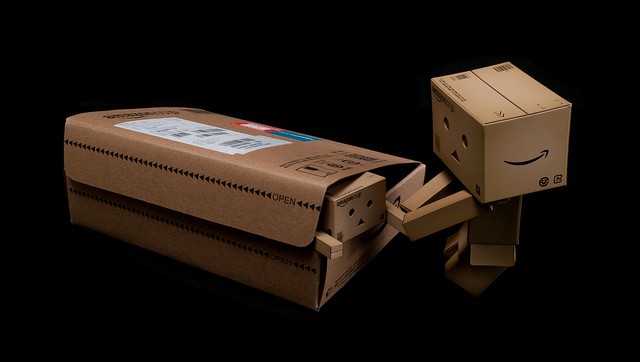
Altruism is the act of selflessness, the antonym of selfishness. What drives an animal to jeopardize its own safety for the well being of another?
It was ages ago when I first read Richard Dawkins’s selfish gene. The thought of nature and its intricate workings being evolved around the central egoistic theme of self-propagation and that even a simple act of kindness has an ulterior motive was quite intriguing. Pro-social behaviours, even the ones that put your life at risk, are ultimately a gesture of ensuring the safety of your kin and, thereby, survival of your genes. So was explained altruism within a community of individuals who were related. As for strangers helping strangers? It is mostly a case of ‘I help you and you help me’. Thus, in theory, it might appear that we are all hard-wired to help one another for self-preservation.
But one cannot help wonder about situations of dire needs involving strangers. What is the gain there? Do people really judge how the situation might benefit them and act based on logical conclusions? A recent study published by Rand and Epstein looks at a series of real-life situations that were prime examples of what is called extreme altruism (high stake risks) in order to deduce the cognitive basis of such deeds. In most of the cases analyzed, the individuals seemed to have acted out of instinct – there was not much of deliberation going into helping the person in need. Now, what this means is even more interesting. The authors suggest that we humans have learnt that being nice is such a beneficial behaviour with an enticingly long-term benefit and, as a result, our brains unconsciously motivate us to exhibit altruism even in situations that do not involve any observable benefit. Consequently, helping has rather become an “automatic default”. The methodology used in the study has come with some self-attested shortcomings, but the theory suggested in the paper is indeed quite fascinating!
Cover image: Helping Hand by William Warby (Source: Flickr)
References
1.Dawkins, R., The Selfish Gene (1976) ISBN 0-19-286092-5.
2.Rand, D. & Epstein, Z., Risking Your Life without a Second Thought: Intuitive Decision- Making and Extreme Altruism (2014), Plosone, DOI: 10.1371/journal.pone.0109687
Stats
- Recommendations +1 100% positive of 1 vote(s)
- Views 2971
- Comments 0
Recommended
-

Alen Piljić
Managing director | Life Science Network gGmbH
Also:
- President | Research Elements Association